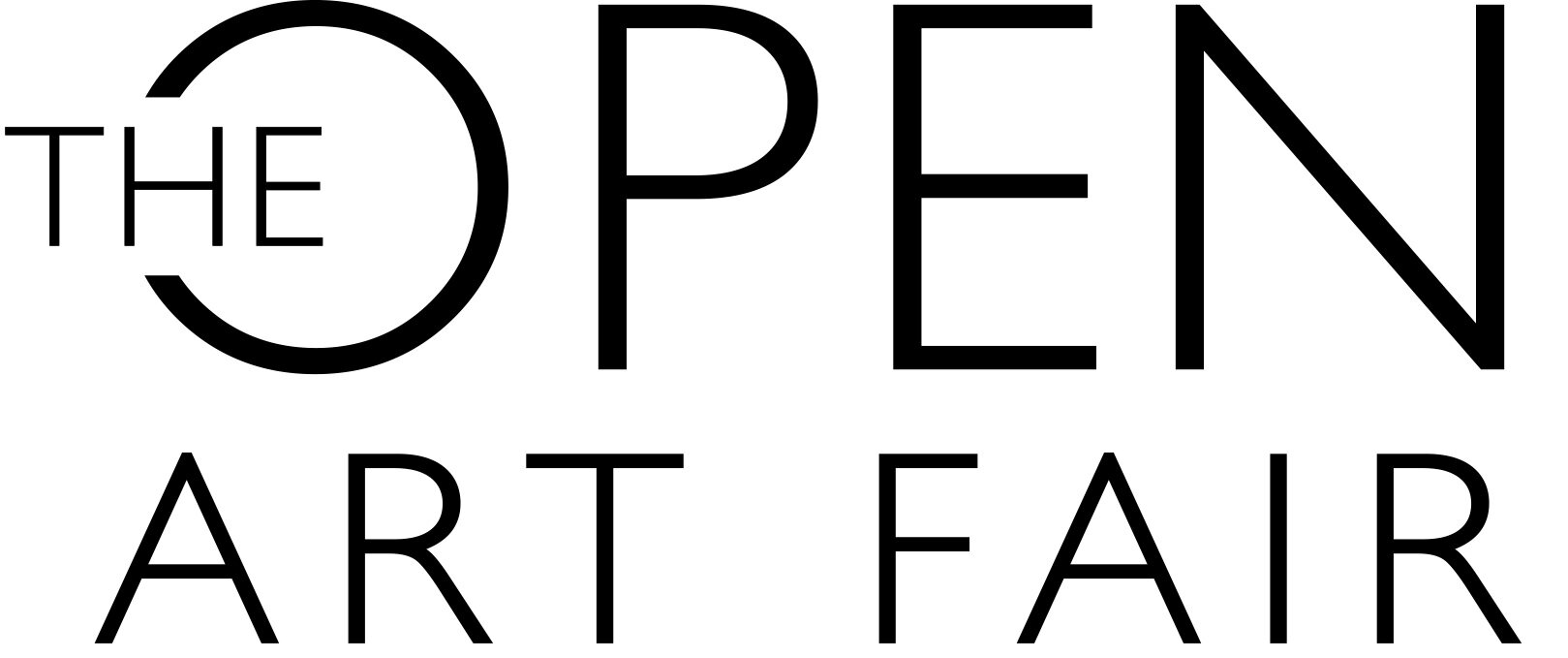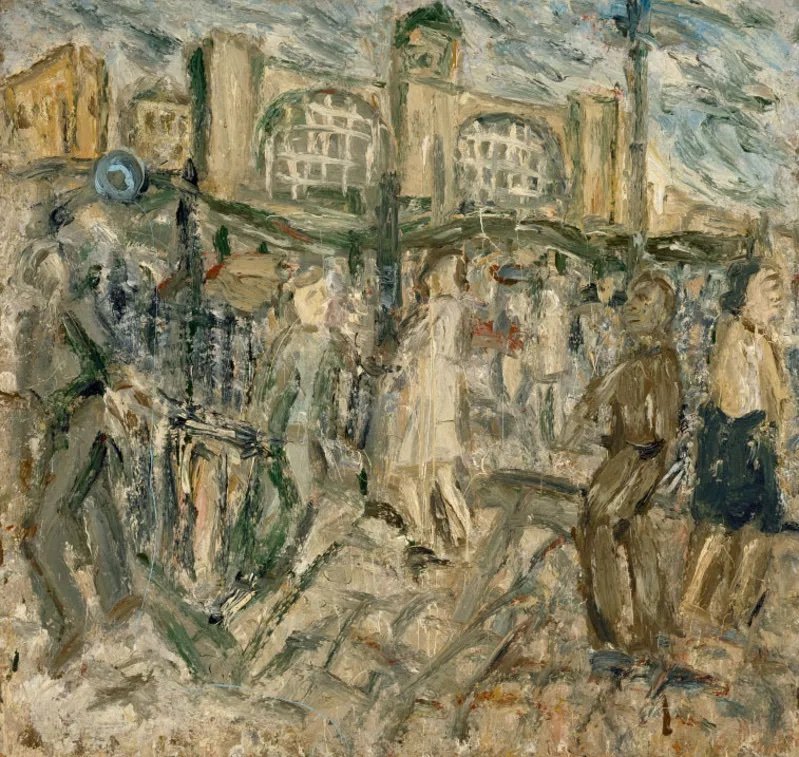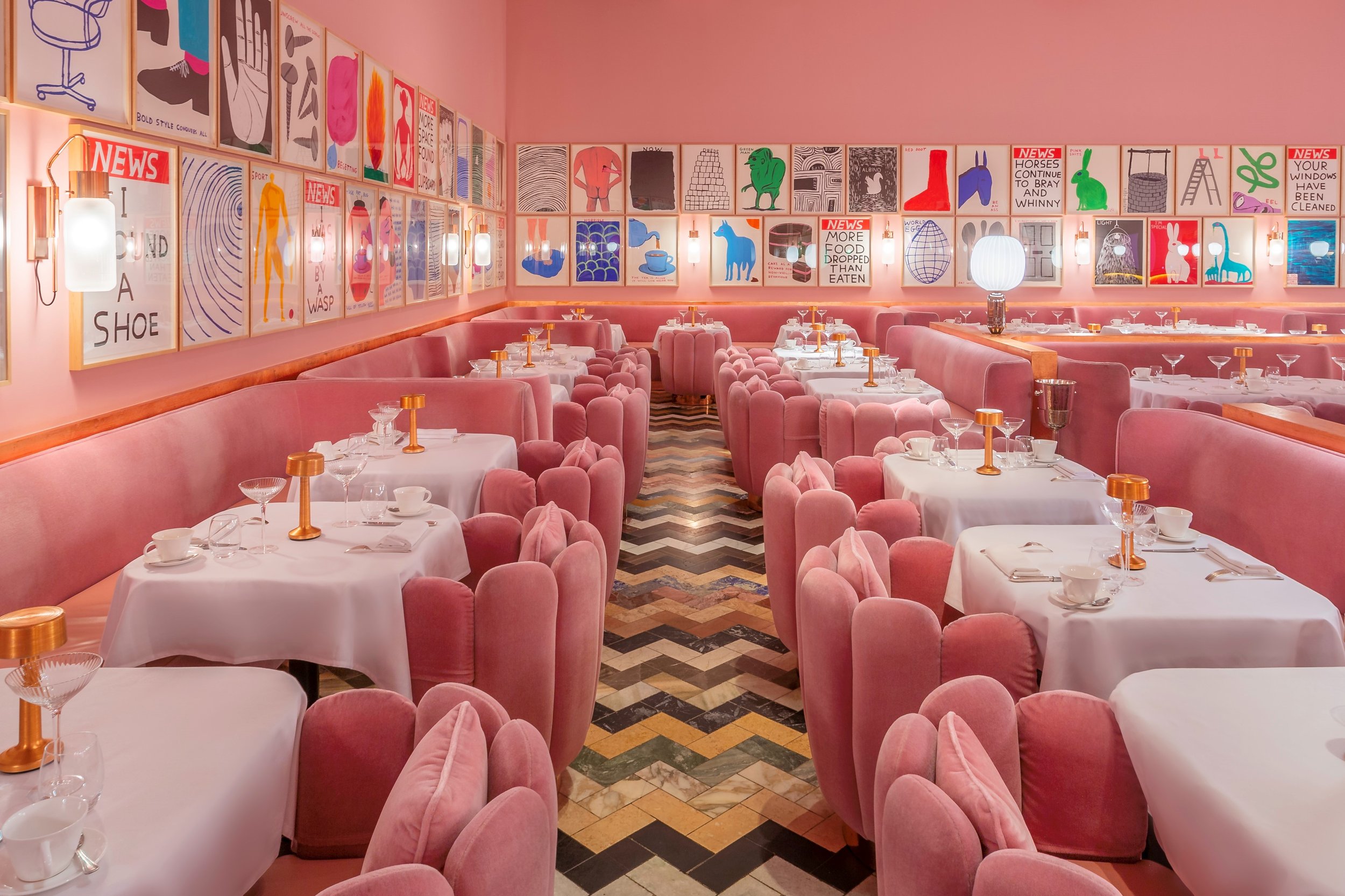Business or Pleasure?
3 February 2022
Why wine’s in an asset class all of its own.
Giles Kime
Interiors Editor of Country Life and Former Editor of Decanter magazine, Giles has written three books: Decorating, Decorate To Speculate and Secrets Of Wine.
The late Auberon Waugh was the archetype of the canny amateur oenophile, who knew a lot about wine (without being a bore on the subject) and kept a lavish cellar that he described as containing more wine than he could ever possibly drink in his lifetime. But he also harboured misgivings about wine being seen primarily as an investment opportunity, rather than a source of pleasure. ‘Until one can convince the world that Romanée Conti is a wine rather than an investment bond, the future is very bleak,’ he wrote. Instead he focused on the vinous underdog, notably wines from Lebanon, Alsace, and Tuscany. It never made him rich but gave him enormous pleasure.
There was a time, of course, when the capacity of a good wine to increase in value by a bob or two, was one of the agreeable tax-free benefits of keeping a few cases gathering dust and cobwebs in the cellar. One version of this strategy was to ensure that the profits you creamed off could make wine appreciation a cost neutral hobby, even for the thirstiest oenophiles. It’s certainly the case that there is still money to be made, particularly at the top end of the market – back in 2018 12 bottles of Burgundy, 1988 Romanée-Conti to be precise, went for £179,250 at Bonhams. £400 quid a sip in case you’re wondering. Similarly, a case of Mouton Rothschild bought in 2000 for £1600 would now fetch around £19,000. And no, in case you’re wondering, I didn’t invest. However, seasoned campaigners will tell you that, like any investment, the highs can be matched by lows. While there were good returns to be made in 2016, for example, the price of some wines have barely moved since release - and some have seen a significant drop. Compared to other asset classes there are also fewer hunting grounds for hidden gems; a few classic classic regions dominate - primarily the more hallowed soil of Bordeaux, Burgundy, Champagne and Italy’s fancier wine producing regions.
Crucially, in recent years, two things have changed; one is that the opportunity to track sale prices online can make it a little more challenging to extract hidden value from any investment, whether it's property or Puligny Montrachet. The other is that fine wine has become part of a highly competitive market, where it has been commoditized and traded with all the romance of Bitcoin, and we all know how dull it is to be sat next to a bitcoin boy (or girl) at a party.
Like any investment, the advice is, most certainly, to tread with care - or simply to follow the example of any prudent investor and to spread risk as much as possible. Despite the tax advantage, it’s also worth factoring in the costs associated with wine investment, notably storage. In the absence of a dry, secure, temperature-controlled cellar at home (a significant investment in itself) wine needs to be stored at a dedicated facility such the one owned by Octavian deep beneath the Wiltshire countryside in a disused quarry. Storing a case of wine can cost anything for £10 to almost £20 a case per year, nibbling away at any profit margins and offering an incentive to buy the most expensive bottles you can afford on the basis that storing a bottle of Cava and a bottle of Cristal will cost the same.
And yet, wine investment doesn’t need to be like trading equities, gold or Bitcoin. There’s a significant amount of romance ; from the first flowering of the vines in Spring to the evolution of the wine in the bottle in a cool dark cellar - and almost infinite amounts of depth and detail in between. Wine is the product of beautiful vineyards, the weather, oak barrels and the ageing process as well as the focus of a huge amount of attention, tastings, expert pronouncements, scoring systems, vineyard tours, dinners and food pairings that make it more of an art and and less of a science. As such, it’s a hugely seductive subject that offers pleasures far greater than a 10, 20 or 30% profit. If it’s pleasure rather than profit you're after the seams are currently more interesting – why not excavate lesser known corners of the Rhone such as Lirac, and less fashionable regions such as the byeways of Alsace, rather than the highways of Rioja. At the heart of all these opportunities for discovery is a confluence of factors that creates extraordinary flavours and olfactory experiences that offer a return on investment of a richer and more spiritual sort than a return on a spreadsheet. Of course, if it all goes wrong, you’ll still have something probably delightful to drink, whereas a bit of bitcoin never made a party.












